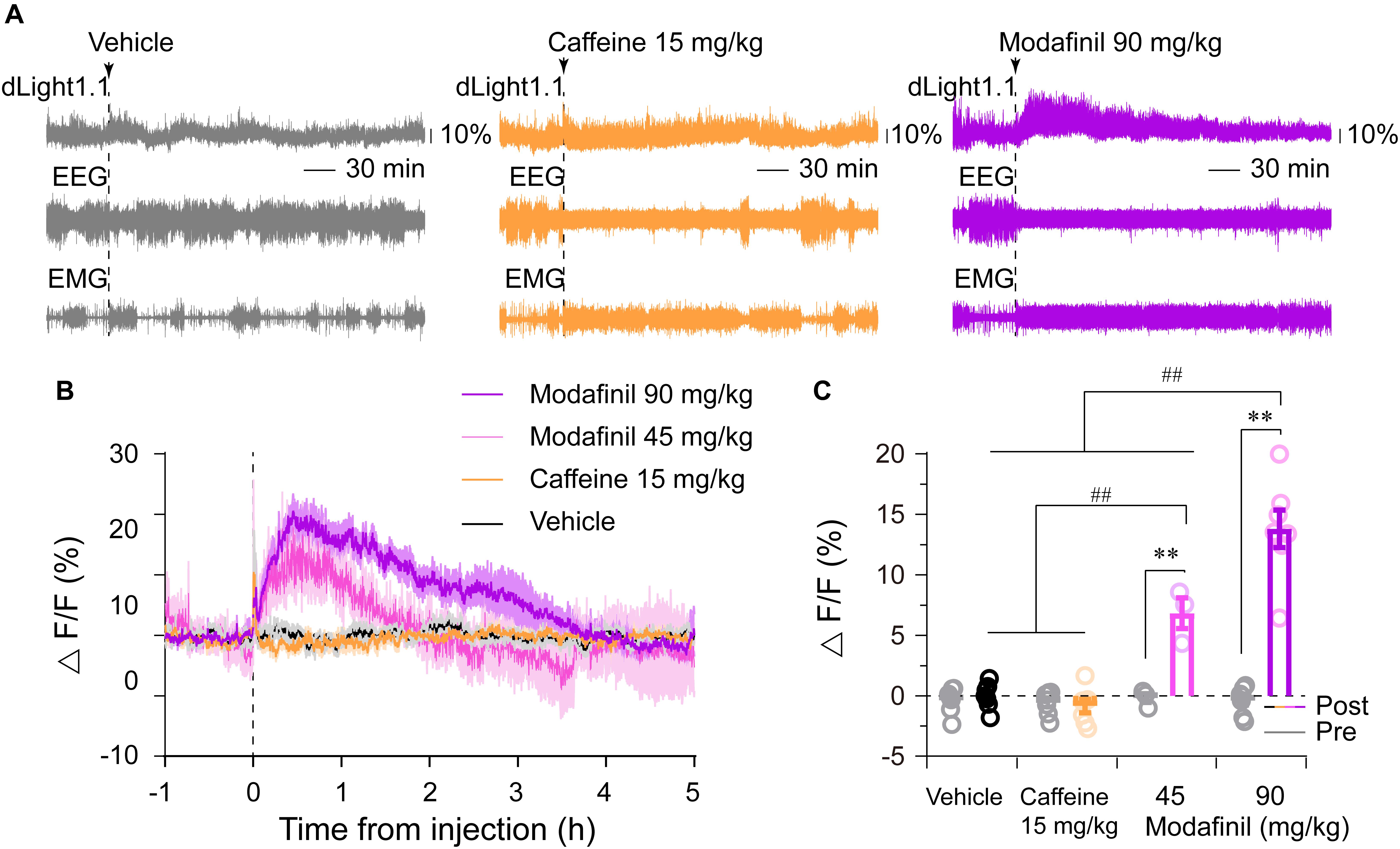
leathak9401461
About leathak9401461
Case Research: Using Provigil (Modafinil) in Treating Sleep Disorders And Cognitive Enhancement

Introduction
Provigil, scientifically generally known as modafinil, is a wakefulness-promoting agent that has gained considerable consideration since its approval by the U.S. Food and Drug Administration (FDA) in 1998 for the treatment of narcolepsy. Over the years, its use has expanded past narcolepsy to incorporate conditions corresponding to obstructive sleep apnea (OSA) and shift work sleep disorder (SWSD). Moreover, modafinil has attracted curiosity within the realms of cognitive enhancement and off-label uses, resulting in a posh landscape of its software in each clinical and non-clinical settings.
Mechanism of Motion
Modafinil’s precise mechanism of action shouldn’t be completely understood, but it is believed to contain the modulation of neurotransmitters within the brain, particularly dopamine, norepinephrine, and histamine. By enhancing the levels of these neurotransmitters, modafinil promotes wakefulness and cognitive function. In contrast to conventional stimulants reminiscent of amphetamines, modafinil has a lower potential for abuse and fewer unintended effects, making it a horny alternative for people looking for to improve alertness without the drawbacks associated with different stimulants.
Clinical Purposes
Narcolepsy
Narcolepsy is a chronic sleep disorder characterized by excessive daytime sleepiness, cataplexy, sleep paralysis, and hallucinations. Modafinil has been proven to significantly improve wakefulness in patients with narcolepsy. In clinical trials, patients treated with modafinil reported a marked reduction in excessive daytime sleepiness, which is a hallmark symptom of the disorder. The drug’s efficacy is attributed to its capacity to advertise wakefulness with out the jitteriness or crash usually related to conventional stimulants.
Obstructive Sleep Apnea
In patients with obstructive sleep apnea, modafinil is used as an adjunct therapy to steady positive airway stress (CPAP) therapy. While CPAP addresses the underlying cause of sleep apnea, patients should still experience residual sleepiness. Research have demonstrated that modafinil can enhance wakefulness and improve high quality of life in these individuals, making it a worthwhile element of their therapy regimen.
Shift Work Sleep Disorder
For individuals who work non-traditional hours, corresponding to night time shifts, modafinil may help mitigate the destructive effects of disrupted circadian rhythms. Research has proven that modafinil successfully reduces extreme sleepiness and improves cognitive efficiency in shift workers, allowing them to carry out their duties extra effectively and safely.
Off-Label Use and Cognitive Enhancement
Past its permitted indications, modafinil has garnered consideration for its potential as a cognitive enhancer. Many school students, professionals, and individuals seeking to boost their psychological efficiency have turned to modafinil for its purported benefits in concentration, reminiscence, and total cognitive function. Whereas some research recommend that modafinil could enhance certain cognitive skills, equivalent to working reminiscence and govt operate, the evidence stays mixed. Moreover, the moral implications of using modafinil for cognitive enhancement increase essential questions about fairness, accessibility, and the potential for dependency.
Safety and Uncomfortable side effects
Modafinil is mostly properly-tolerated, with a positive security profile in comparison with other stimulants. If you have any queries about where as well as how to work with Best modafinil online, it is possible to email us at our internet site. Common unwanted side effects include headache, nausea, dizziness, and insomnia. Critical unwanted effects, comparable to pores and skin rashes and allergic reactions, are uncommon however can occur. Long-time period security data is proscribed, particularly regarding off-label use for cognitive enhancement, necessitating caution among users.
Case Studies
Case Examine 1: Narcolepsy
A 32-yr-outdated male diagnosed with narcolepsy presented with excessive daytime sleepiness that considerably impaired his work efficiency and high quality of life. After initiating therapy with modafinil at a dose of 200 mg each day, the patient reported a considerable enchancment in his potential to remain awake in the course of the day. His Epworth Sleepiness Scale score decreased from 18 to 7 within three months. The patient also noted enhanced productivity at work and a marked enchancment in his general temper and social interactions.
Case Research 2: Shift Work Sleep Disorder
A 28-yr-outdated female nurse working evening shifts reported persistent fatigue and problem concentrating throughout her shifts. After being prescribed modafinil, she skilled a notable enhance in alertness and cognitive perform. Her efficiency evaluations improved, and she reported feeling more engaged and fewer fatigued throughout her shifts. Follow-up assessments indicated that modafinil effectively reduced her sleepiness and improved her quality of life.
Case Study 3: Cognitive Enhancement
A 24-12 months-old graduate scholar sought modafinil to reinforce his examine efficiency throughout examination preparation. While he experienced improved focus and motivation, he additionally reported problem sleeping and elevated anxiety. This case highlights the potential for hostile results when modafinil is used outside of its meant therapeutic context, emphasizing the importance of careful consideration and session with a healthcare professional.
Moral Considerations
The use of modafinil for cognitive enhancement raises ethical considerations about fairness in tutorial and skilled settings. The potential for unequal access to cognitive enhancers might create disparities among people, resulting in a competitive imbalance. Moreover, the long-time period effects of modafinil on wholesome people stay largely unknown, prompting calls for extra analysis and regulation concerning its use.
Conclusion
Provigil (modafinil) represents a significant advancement in the treatment of sleep disorders, notably narcolepsy, obstructive sleep apnea, and shift work sleep disorder. Its efficacy in selling wakefulness and improving cognitive perform has made it a useful software in clinical practice. Nevertheless, the growing interest in off-label use for cognitive enhancement necessitates careful consideration of the ethical implications and potential risks involved. As analysis continues to evolve, healthcare suppliers must remain vigilant in balancing the benefits and challenges related to modafinil to make sure its responsible use in both clinical and non-clinical settings.

No listing found.